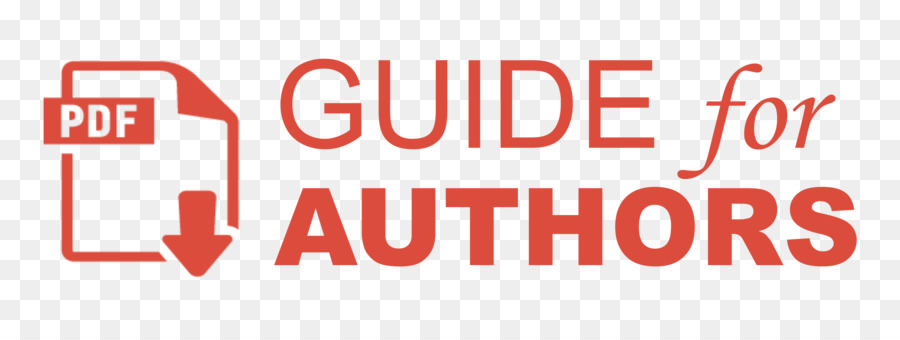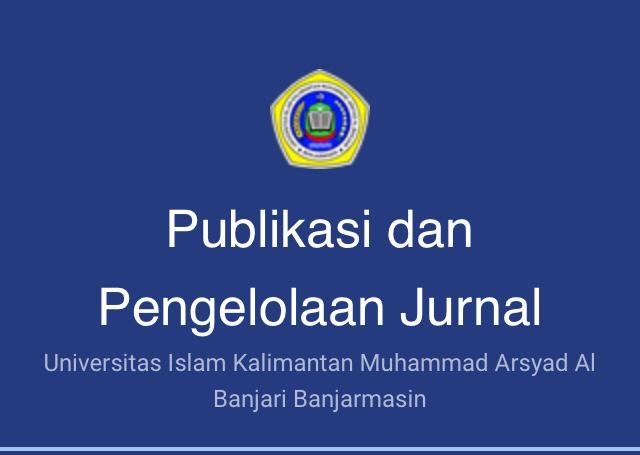ANALISIS PENGARUH KOMPENSASI TERHADAP PRODUKTIVITAS KERJA KARYAWANCOCA-COLA INDONESIA
(1) STIE Palangka Raya
(*) Corresponding Author
Sari
There is a universal awareness on the importance of productivity in improving national welfare. The productivity is an essential factor in maintaining and developing the success of an organization. So that a company can achieve its goals one of which to improve the work productivity, then it is an obligation for the leaders to provide motivation for the employees in the form of compensation.
This research is willing to achieve the goals namely (1) to determine the effects of salary, intensive, facility, position promotion and work environment on the work productivity of CocaCola Indonesia employees either simultaneously or partially (2) to determine the most influential factors on the work productivity of CocaCola Indonesia employees.
In this research, the population is all of the employees in production section CocaColaIndonesia. There are 130 employees as the research samples. The sample collection technique is bypurposivesampling technique. The data analysis tools used in this research are validity, reliability, classical assumption test, multiple regression, determination coefficient and hypothesis testing.
Results of the research are (1) There are effects of salary on the employee work productivity (2)There are effects of incentive on the employee work productivity (4) There are effects of work environment on the employee work productivity (5) There are significant effects of salary (X1),incentive (X2)allowances (X3),facility (X4), position promotion (X5) and work environment (X6) simultaneously on the work productivity (Y). The salary has the dominant effects on the work productivity namely by b1=0,248.
Kata Kunci
Teks Lengkap:
PDFReferensi
Algifari. 2007.Statistik Induktif. Penerbit UPPAMP YKPN, Yogyakarta
Anoraga,Panji.2007. Manajemn Bisnis. Penerbit Rineka cipta, Jakarta
As’ad, Mohammad. 2001. Psikologi Industri. PenerbitLiberty, Yogyakarta.
Ariknto, Suharsimi. 2012. Prosedur Penelitian. Penerbit Rineka Cipta, Jakarta
Effendy, Sofyan. Dan Singarimbun, Masri. 1997. Metode Penelitian Survei. PenerbitLP3ES, Jakarta
Ghozali, Imam. 2002. Aplikasi AnalisisMultivariate dengan Program SPSS. Badan Penerbit Universitas Diponegoro, Semarang
Handoko,Hani,T.2001.Manajemen Personalian DanSumberDaya Manusia. BPFE Yogyakarta
Heidjraman, R. 2000. Manajemen Personalia. Penerbit BPFE, Yogyakarta
Marzuki.2000. Metodologi Riset. Universitas Gajah Mada, Yogyakarta Nitisemito,Alex.S.1991. Manajemen Personalia. Yudhistira Yogyakarta
Nurgiyantoro, Burhan. 2000. Statistik Terapan. Gajah mada university Press, Yogyakarta.
Rivai,Veithzal.2004.ManajemenSumberDayaManusiaUntukPerusahaan,Penerbit RajaGrafindoPersada, Jakarta.
Kanisius Siagian,Sondang.P.2001.Manajemen Bank Dana. Penerbit Bumi Aksara, Jakarta
Sudjana.2001.Statistik Untuk Ekonomi dan Niaga. penerbit Tarsito, Jakarta
Umar,Husein.2003.Riset Sumberdaya Manusia Dalam Organisasi. Penerbit Gramedia Pustaka Utama, Jakarta
DOI: http://dx.doi.org/10.31602/al-kalam.v4i2.965
Refbacks
- Saat ini tidak ada refbacks.

Al Kalam : Jurnal Komunikasi, Bisnis, dan Manajemen by https://ojs.uniska-bjm.ac.id/index.php/alkalam/index adalah ciptaan disebarluaskan di bawah Lisensi Creative Commons Atribusi-BerbagiSerupa 4.0 Internasional.









